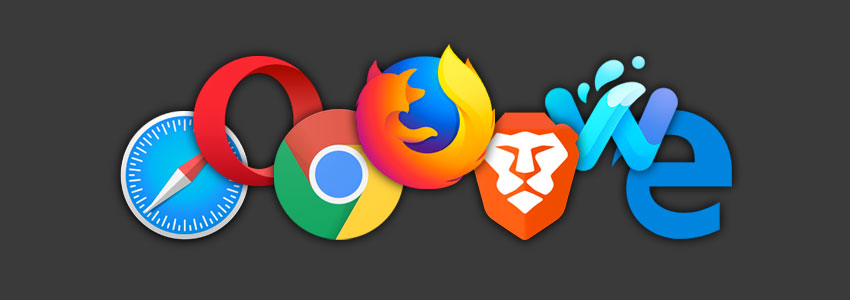

Your browser prevents you from downloading from attackers’ websites Your browser checks for known malicious websites – you know, the ones that pretend to be a different website and trick you into divulging your username, password, or other sensitive stuff, or websites that offer malware for download.

Your secure browser protects against malicious websites If you take care to run an up-to-date version of a trusted browser that patches security holes fast and you don’t actively run an executable file downloaded from a website, your secure browser will make sure no malware is installed on your computer.
#Secure browser code
Your secure browser doesn’t allow the website to run untrusted code on your computer. Simply put, an attacker will not have the website’s certificate. That stops attackers from pretending to be that website. Your secure browser checks the certificates sent by the website to make sure you’re connecting to the real domain. Your secure browser checks for certificates All data is encrypted so that only the browser and the website can see what is being sent over the connection. When you connect to a secure (https) website, secure browsers establish a secure connection with that website. Your browser secures connections with websites Can your browser – the application you use the most on your computer – shield you from any of that? Let’s take a look at how a browser protects your security and privacy online. Hacker attacks, security breaches, collection of personal data, user profiling, and many more.


 0 kommentar(er)
0 kommentar(er)
